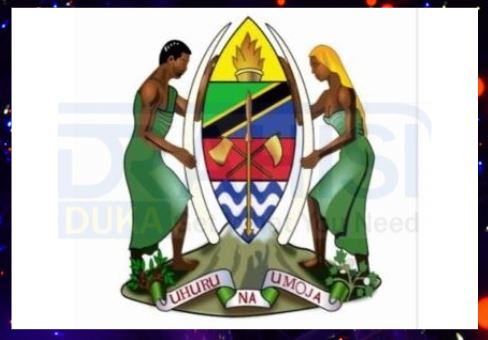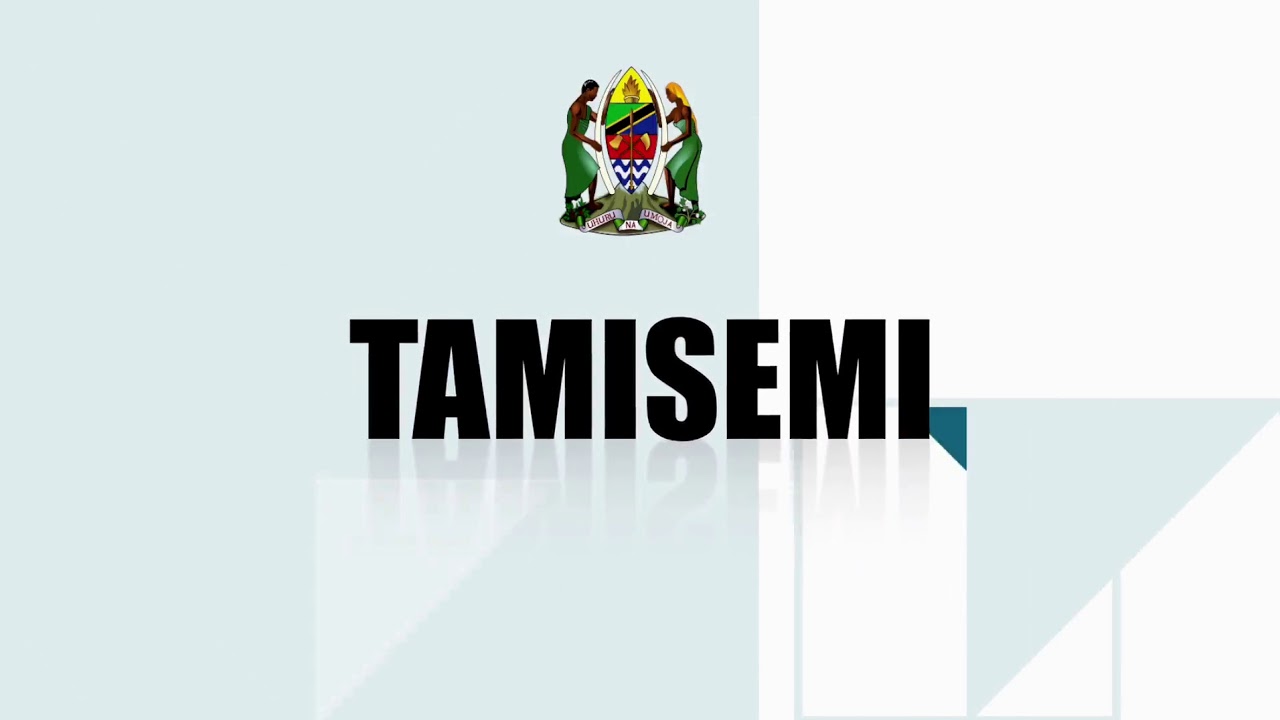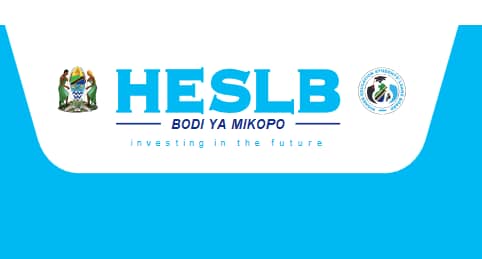Education Policy before Independence.
In 1935, Tanganyika was under colonial rule, during this time education in Tanganyika was undergoing great change.
Education for the masses was a high priority, and in the years following world war two more children were attending primary school.
This was a result of the accelerated education provided by the various missionary schools in and around Tanganyika at the time.
In August 1938 a memorandum submitted to the diocesan council provided the basis for educational policy for the next ten years.
Education Policy since Independence.
Education for Self Reliance 1967

Since independence in 1961 the Tanzanian government has attempted on many occasions to reform its educational system.
In 1967 government officials released the ‘Education for Self Reliance Policy based on the philosophy of former president Julius Nyerere; it formed the basis for all major educational policies.
The policy placed great emphasis on rural orientated education and the need for basic education.
Nyerere, believed Primary education should be complete in itself and provide citizens with the skills needed for self-reliance, and rural livelihoods, rather than continuing onto further education.
However, the ESR policy was never fully implemented due to lack of resources and lack of understanding regarding the importance of education from individuals and capitalists.
It was during 1967 that the Tanganyika African National Union (TANU) suggested the immediate introduction of Universal Primary Education (UPE) and the outright nationalisation of voluntary agency schools and the abolition of all private school (Morrison, op cit., in Bogonko 1992:33-34)
Following the ESR Policy was the 1969 Education Act (which was repealed by the Education Act of 1978).
Musoma Resolution 1974
In 1974 the National Executive Committee of the TANU, reviewed the Education for Self Reliance Policy in Musoma.
TANU found that the implementation of the policy was defective, especially at post-secondary level.
It was decided that formal education would decease at the secondary school level and that all graduates would serve one year in the National service.
Following from this, graduates would then need to work for several years before qualifying for post-secondary education.
Furthermore, the policy stated that Primary Education should be universal, compulsory and free.
Education Act 1978
In 1978 governing bodies passed the ‘Education Act’; an Act to repeal and replace the previous Education Act of 1969, it intended to provide a better development of the National Education system.
For example, it addressed the pastoral care needs of children within the school environment; the need for quality teaching and qualified teachers; a healthy and educational environment with access to various resources and materials and a set curriculum approved by the education commissioner.
Furthermore, the Act made education compulsory for children aged seven to thirteen; this caused a massive increase in the amount of children attending school. The influx of children attending primary school ensued the development of more primary schools; this increase resulted in a high demand for qualified teachers.
However, lack of further education meant graduates were not readily available and as a result teachers were chosen from the populace and trained via long distance training programmes.
Many parents viewed the education system in Tanzania as ‘low quality’ and did not see the value of sending their children to school. Thus, the percentage of children attending school began to fall dramatically from the early eighties to the early nineties.
Education and Training Policy (ETP) 1995
In 1995 the Tanzanian government fully acknowledged the links between education, economic growth and social stability.
The Ministry of Education and Culture Dar es Salaam produced the new Education and Training Policy.
It noted that education should be accessible to all citizens and that educational resources are distributed to various segments of society.
Furthermore, it addressed the issues of underdeveloped human resources. The government realised that the majority of the working populace had inadequate knowledge and skills to survive the scientifically and technologically growing economy.
Efforts were made to provide the population with these skills, hence the 1995 National Science and Technology Policy was implemented alongside the 1996 Technical Education and Training Policy,
The 1996 Education Sector Development Programme and the 1999 National Higher Education Policy. The latter policies were devised to meet particular needs of the sub-sectors of the ETP.
1999 Vision 2025
In 1999 Tanzania adopted ‘the Vision 2025’. It consisted of a set of economic goals with the vision of achieving them by the year 2025.
2000 Millennium Development
In 2000, Tanzania endorsed the Millennium Development Goals (MDG), which included a set of internationally agreed development objectives; of which, included goals towards better education for all illiterate youths and adults and access to quality education.
In 2010 Tanzania won the Millennium Development Goal Award for its success at expanding primary school access.
2001 PEDP Primary Education Development Program
In 2001, the Tanzanian government created the Primary Education Development Program.
The program eliminated school fees and made enrolment mandatory from seven to fifteen years.
It focused on improving the quality and equity throughout the entire education system.
Since its implementation the policy proved successful in producing positive results within the education system and produced positive results towards achieving the 2000 MDG.
Free Primary Education Policy (FPE)
In 2001 The Free Primary Education Policy was implemented as a sub-section of the 2001 Primary Education Development Program and was viewed as the first steps towards achieving Education for All (EFA).
The policy is still in use today and has seen the percentage of pupil enrolment expand rapidly. Due to the increase of pupils graduating from primary school; the country needed to supply more secondary schools.
The implementation of the FPE policy led to the development of the 2009 Free Secondary Education (FSE) policy to enable pupils to further their education for free after graduating from primary school. Since the FSE policy has been in place secondary school enrolment has quintupled.
BIG RESULTS NOW! 2013-2014
In a bid to improve Tanzania’s current economic status, the government adopted the Malaysian Model of Development (The Big Fast Results).
The policy focuses on six targeted areas of the economy including education. The policy is delivered within a set of specific timeframes to allow for the economic changes to effectively take place.
Furthermore, the policy has been created in a bid to support progress towards the ‘five-year and vision 2015’ and effectively reaching middle-income economy status.
































































I was reading through some of your posts on this website and I conceive this internet site is very informative ! Continue putting up.
Great information shared.. really enjoyed reading this post thank you author for sharing this post .. appreciated
Pretty! This has been a really wonderful post. Many thanks for providing these details.